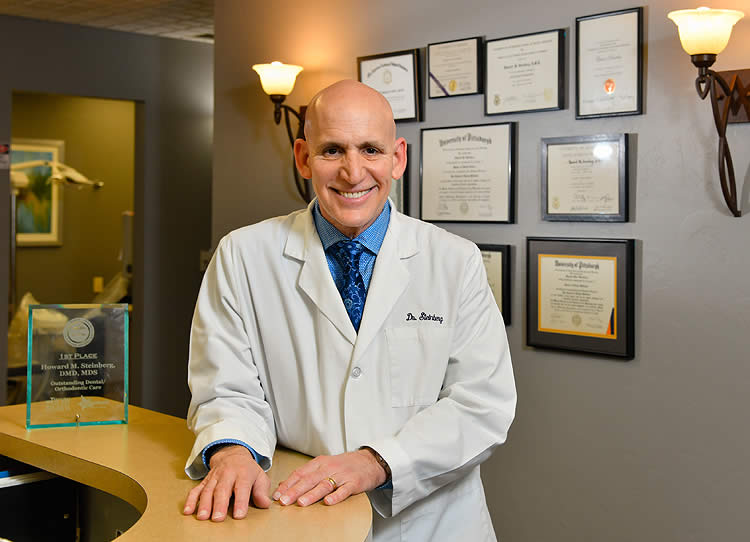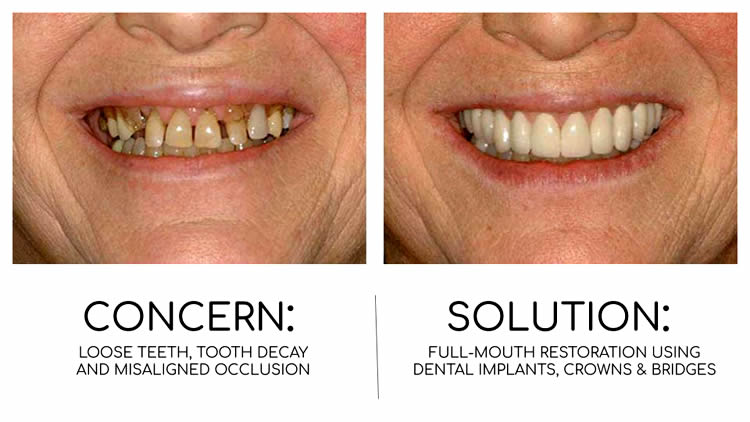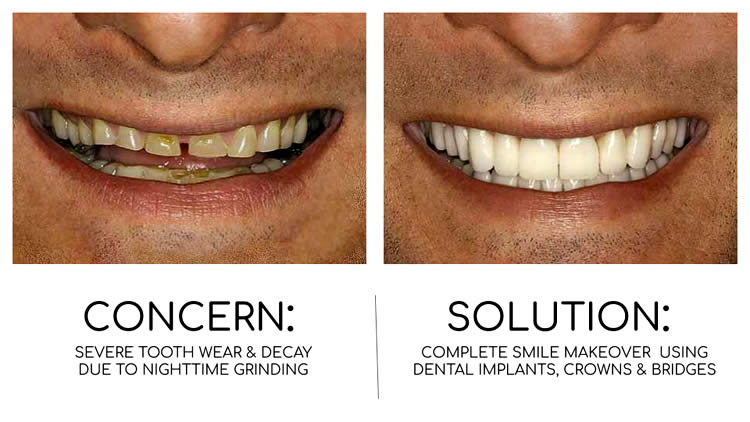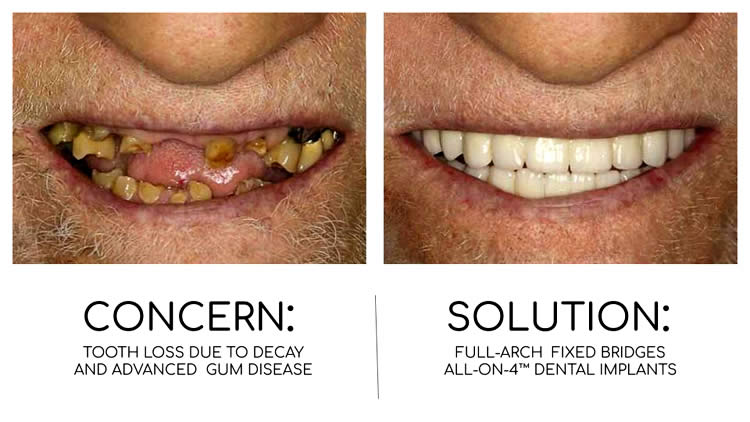Why See a Prosthodontist?
Posted by Howard M. Steinberg, DMD, MDS

Many people don’t know what a prosthodontist is, much less why they should see one. The word Prosthodontist itself, pronounced (präs-thə-dän-tist), can be hard to say. In fact, most people never hear about this type of dental specialist, until a general dentist or medical doctor actually refers them to see a prosthodontist.
What is a Prosthodontist?
A prosthodontist is the undisputed expert on oral function and the person most capable of restoring it when it is lost. Prosthodontists are one of twelve (12) dental specialties recognized by the American Dental Association. They treat patients that have lost or missing teeth, misaligned bite, functional problems with chewing or speaking, and those that want to enhance the appearance of their smiles. In simple terms, prosthodontists can restore your missing teeth, help your mouth function properly and make your smile look beautiful.

Specialists in Prosthodontics
Prosthodontists are specialists in the field known as prosthodontics. This field pertains to the diagnosis, treatment planning, rehabilitation and maintenance of oral function, comfort, appearance and health of patients with missing or deficient teeth and/or maxillofacial defects through the use of biocompatible, prosthetic substitutes. These prosthetic substitutes include but are not limited to dental implants, dental crowns, dental bridges, dental veneers, obturators and all types of dentures. The field of prosthodontics also encompasses the use of maxillofacial prosthetics such as artificial eyes, ears and noses for patients with congenital or acquired facial defects.

Training of a Prosthodontist
Prosthodontists undergo 3 to 4 years of intense training beyond dental school to focus on some of the most advanced procedures in dentistry. By the time they graduate, they are skilled at surgically placing and restoring dental implants. Prosthodontists are specifically trained to work with dental implants, dental crowns, dental bridges, dental veneers, partials and all types of dentures. Prosthodontists understand the dynamics of an attractive smile. They are trained in all aspects of cosmetic dentistry. Some prosthodontists are additionally trained to treat specific injuries to the mouth’s structures as well as congenital or acquired maxillofacial defects.

Prosthodontists are Team Players
Prosthodontists are often part of a larger team of doctors. They regularly collaborate with general dentists, surgeons, medical doctors and other specialists crafting treatment plans for patients with complex oral and maxillofacial problems. The work of a prosthodontist goes beyond just restoring and replacing teeth; it involves being a team player, fostering relationships and enhancing the quality of life for their patients.


